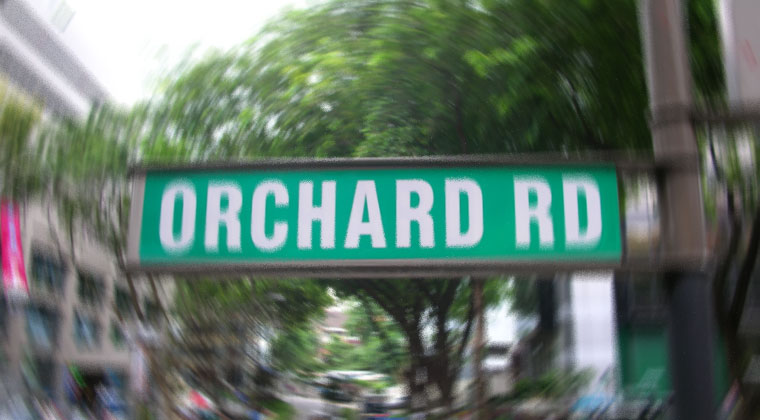It is a topic that has been repeated ad nauseum: Orchard Road is in the doldrums and retail in the shopping heart of Singapore is dying a slow, painful death.
The 2.2km stretch has become a symbol of an ongoing retail failure: Vacancy rates are hitting all-time highs, the spendthrift crowds have thinned and even young people are not going to Orchard Road like the mall rats that used to.
Ideas on how to revitalise the retail business have been proposed from as early as 2001, even before the age of online shopping.
And if the average shopper is asked about the origins of Orchard Road woes, the majority will point their collective finger at the landlords.
Some of the reasons they will offer include the homogeneity of shops from the same old unimaginative chains, a lack of really good bargains and the utter lack of glamour -- where it is no different from suburban malls with people mucking around in flip-flops.
To kick some life back into the place, the government has suggested that Orchard Road be pedestrianised and more street activities held.
But where does the buck stop and who is responsible for Orchard Road's woes?
If you asked the landlords, they will tell you it is ultimately the government's doing.
This is at least according to Choo Meileen, the executive director of Cathay Organisation.
In a May 7 forum letter to The Straits Times, she claimed that hidden costs drive up rent that price out smaller retailers and these money flow in the government's direction:
While the suggestions for a milieu of smaller interesting shops are good, these shops can never afford the rent.
Why is this so?
There are two types of landlords here: real-estate investment trusts and private developers.
The former have an obligation to give certain expected returns to shareholders, and both have to bear the very high costs of development in Singapore.
Some of these include submission fees, fees to engineers, massive development charges to the Government, and the high cost of construction and labour.
It is not the landlord who is the beneficiary of all these fees and costs; it is the Government.
I am sure landlords would love to have different offerings that would distinguish their malls, but unfortunately, it is the usual suspects who can afford to pay the rents to give developers a chance to recover costs and have some form of return for the risk they take.
The problem with this argument is that this wasn't even an argument when times were good and the money was flowing in.
Only when times are bad...
And just maybe, right from the start, if smaller entrepreneurs and retailers were incubated all along in Orchard Road, REITs malls or otherwise, to provide a healthier mix of tenants, they can be the ones picking up some of the slack now instead of stores being left completely vacant.
Whatever's going to be done now appears just a little too late.
If you like what you read, follow us on Facebook and Twitter to get the latest updates.
If you like what you read, follow us on Facebook, Instagram, Twitter and Telegram to get the latest updates.
